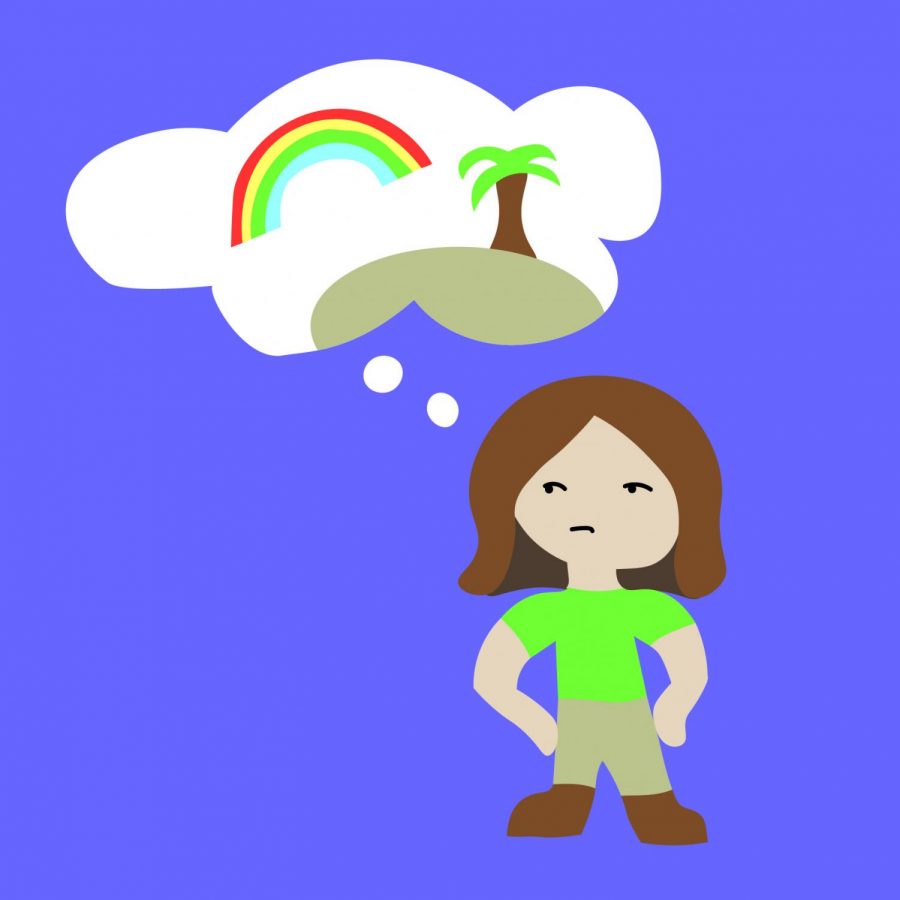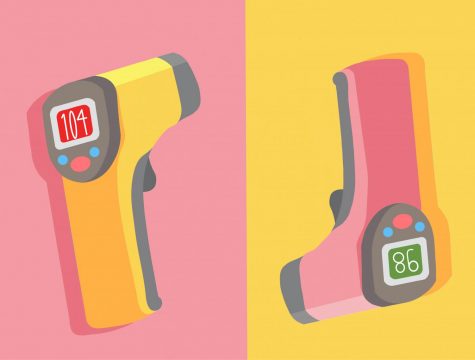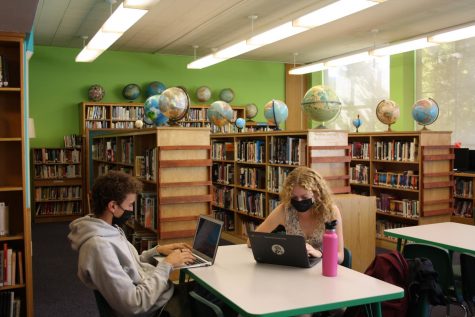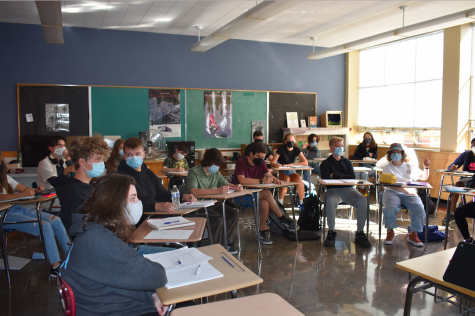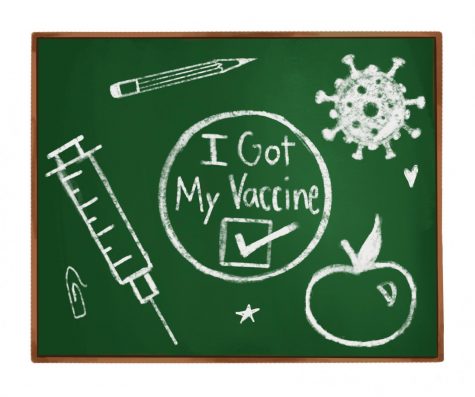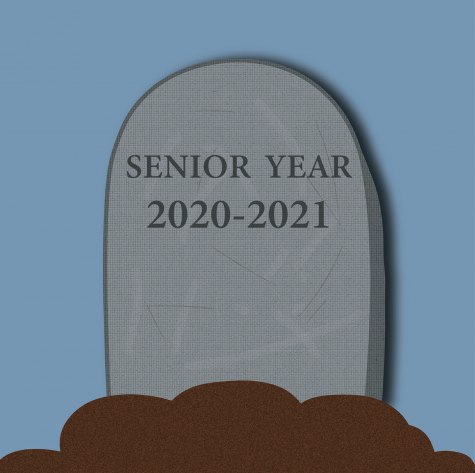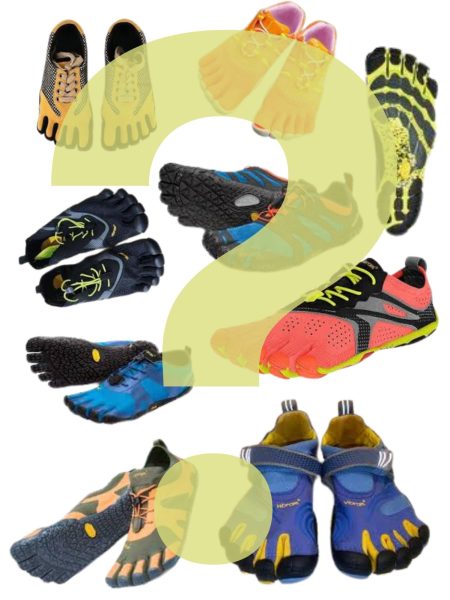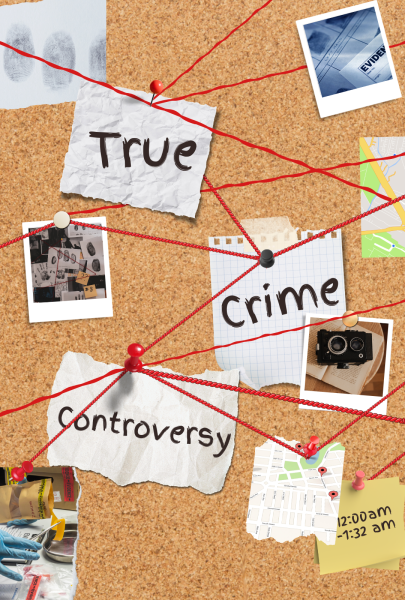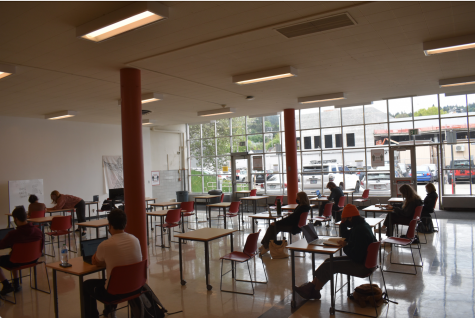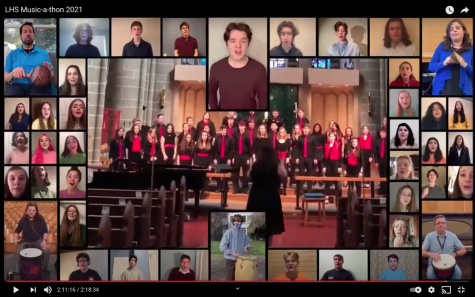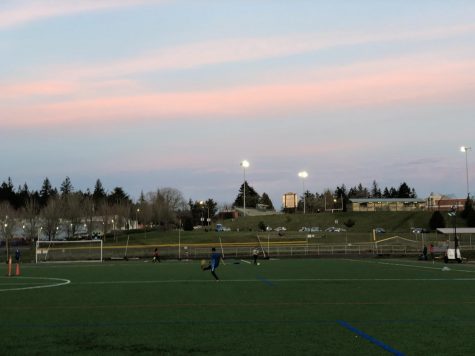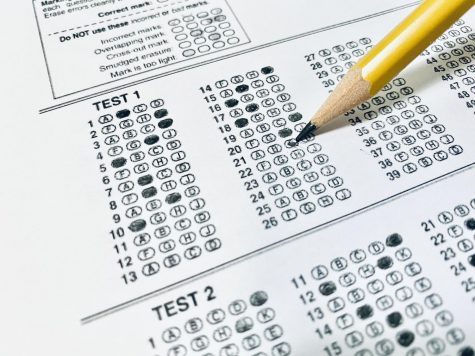Opinion: Hawaii’s reopening displays a lack of care for Native Hawaiians and Pacific Islanders
Even on their ancestral lands, Native Hawaiians are punished while tourists are praised, writes Avery Hellberg. Read more below.
For the past seven months, those who wished to travel to Hawaii had to endure a 14-day quarantine upon arrival to ensure that they would not spread COVID-19. However, in mid-October, Hawaii state officials reopened the state to the public, meaning visitors could immediately enjoy the islands as long as they tested negative for the virus upon their arrival. Over 100,000 visitors have flocked to the islands, to the benefit of hotels, airlines, and other tourist industries.
Despite the influx in tourism, the locals could not be more opposed. In response to complaints from visitors about not being able to eat at certain restaurants if they are not a resident of the islands, locals stood in support of the restaurants with some even posting a meme reading “We’re not dying so America’s economy can improve / Our ancestors already did that.” As someone of Hawaiian descent– and knowing the current state of the Native Hawaiian population, which according to the 2010 census is 0.4% of the US total population – this premature reopening is yet another example of the U.S.’s blatant disregard of Indigenous groups and the prioritization of profit over people.
A study from the University of Hawai’i at Manoa’s John A. Burns School of Medicine reports that there is “as high as 217.7 cases per 100,000 in Native Hawaiians and Pacific Islanders (NHPI) in at least five states– Hawaii, California, Oregon, Utah, and Washington.” This higher risk of infection is due in part to the extensive lists of preexisting and underlying inequities that NHPI suffer from, including (but not limited to) higher rates of chronic disease and a large presence of Hawaiian essential workers.
Even on their ancestral lands, Native Hawaiians are punished while tourists are praised.
— Avery Hellberg
Tourism contributes to almost a quarter of Hawaii’s economy. According to the New York Times, Hawaii welcomed 10 million tourists in 2019, an all-time high for the state, with hopes of that number increasing in 2020. Josh Green, the state’s lieutenant governor, reported that, due to the decrease in tourism, “there has been a spike in homelessness and people at risk of becoming homeless; the number of people who could potentially lose their health care benefits is up and reports of domestic violence are up significantly.”
I believe reopening is a threat to the well being of locals; however, this is not surprising. Even on their ancestral lands, Native Hawaiians are punished while tourists are praised. The New York Times reports that, while tourists have been encouraged to visit beaches, nearly 50,000 locals have received citations for doing the same. Kawena’ulaokala Kapahua, an Oahu resident, told the New York Times that the state government is “criminalizing locals and then pandering to tourists.”
Currently, the U.S. has the most reported COVID-19 cases. With a reported rate of as high as 37%, false negatives have to be taken into account as well (Harvard Medical School). A recent Franklin Templeton-Gallup study even suggests that only 56% of Americans always or usually wear masks when indoors with non-household members. Allowing tourists, who have displayed that they cannot comply with safety precautions on the mainland, to disrupt and increase the spread of this virus is unacceptable. For too long, Native Hawaiians have been put on the back burner for decisions that directly affect them. With an already dwindling population, the risk of complete erasure of Native Hawaiians is too large. It comes down to what’s more valuable: money or human lives.
If you are planning on traveling to the Hawaiian islands anytime in the near future, perhaps you should reconsider. The lives of Native Hawaiians and Pacific Islanders are at stake. If you believe that you would be contributing to the economy, perhaps put that money towards a donation rather than putting thousands of people’s lives at risk. There is a clear consensus that most people want to escape their houses as soon as possible and travel again, but I advise you to think of the long-term effects that traveling to Hawaii (or anywhere else, for that matter) would have.
*Hawaii is the name of the state, Hawai’i refers to the specific island (The Big Island)

